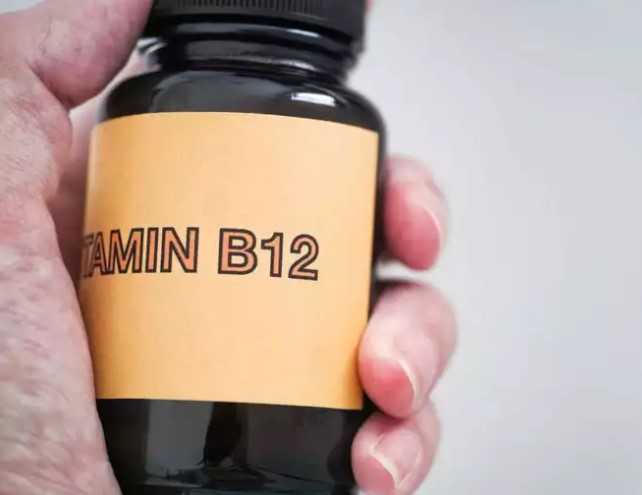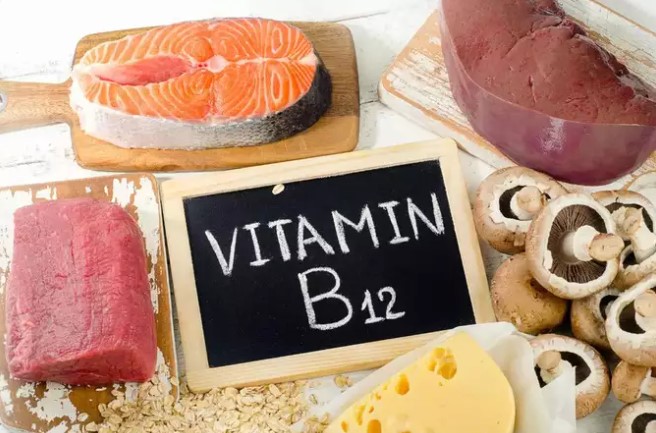Low levels of vitamin B12 can cause different health issues
Vitamin B12 or cobalamin is a water-soluble nutrient, found primarily in animal foods. By water-soluble, it means that the vitamin can dissolve in water and travel through the bloodstream. Surprisingly, the body can store vitamin B12 for up to 4 years, however, one can still be deficient of it at some point in life.
It is one of the most important nutrients that our body needs for several functions like forming red blood cells and DNA. It also plays a significant role in the development of brain and nerve cells.
What is vitamin B12 deficiency?

Although vitamin B12 is found in many animal products and one can get enough of it through supplements, B12 insufficiency or deficiency is a common problem among people. This can either be due to reduced intake of foods that contain the B vitamin or due to certain health conditions including pernicious anemia, gastrointestinal issues such as peptic ulcer disease, gastrinoma or Zollinger-Ellison syndrome and certain drugs that negatively impact the absorption of vitamin B12.
Two sensations in the feet to note
Low levels of vitamin B12 in the body can lead to wide-ranging symptoms.
Vitamin B12: The stealth sign of vitamin B12 deficiency which w...

Of the many, two of the lesser-known symptoms include “tingling” or “numbness” in the feet, according to the Mayo Clinic.
This occurs because vitamin B12 contributes to the healthy functioning of the nervous system. Its absence can therefore make people susceptible to nerve damage.
Other symptoms of vitamin B12 deficiency

The United Kingdom's National Health Services (NHS) says that vitamin B12 can cause various issues in the problem. The conditions can develop gradually, but may worsen if not treated on time. Some of the symptoms to keep in mind are as follows:
- Fatigue or extreme tiredness
- Breathlessness
- Headaches and dizziness
- Pale skin
- Heart palpitations
- Gastrointestinal issues
- Difficulty in concentrating
Best food sources of B12 vitamin

As discussed, some of the best sources of vitamin B12 are found in animal products.
Beef, pork, ham, poultry, lamb, fish (tuna and haddock), seafood like shellfish and crab, dairy products like milk, cheese and yogurt, along with eggs are the best food sources of vitamin B12.
You can also add fortified cereals in your daily diet.






































